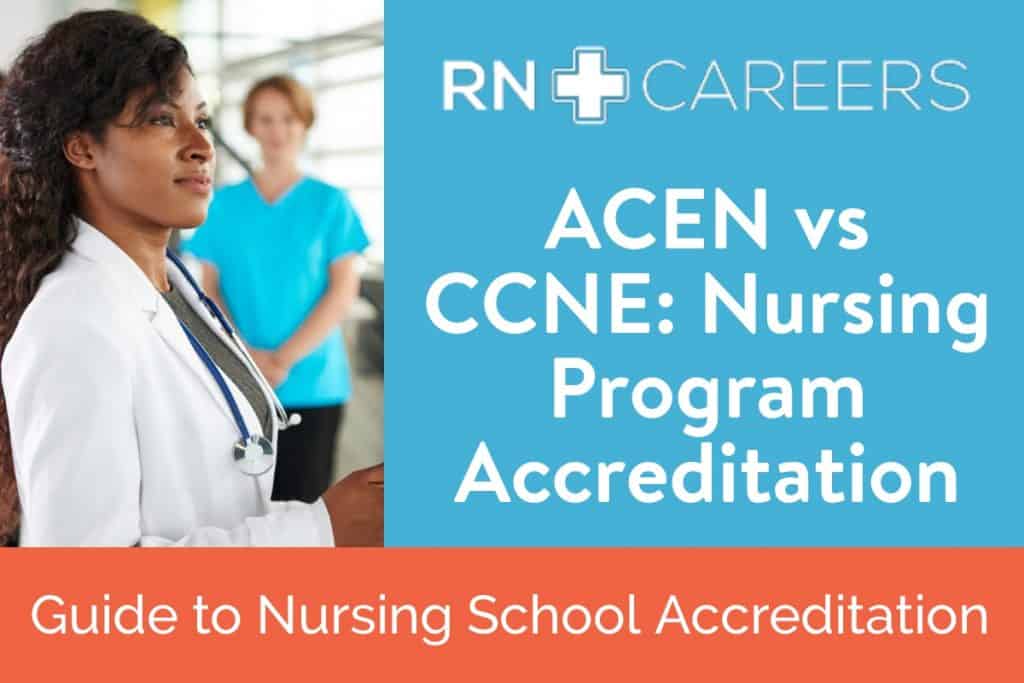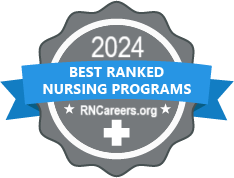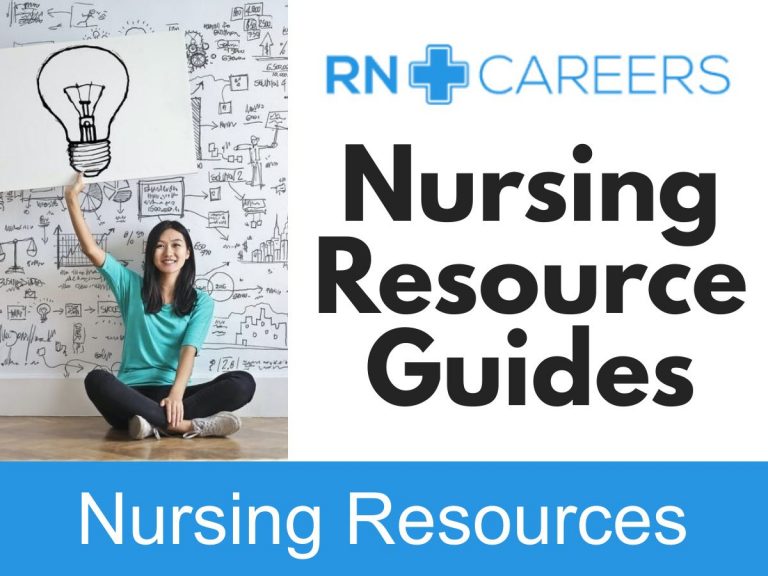Many nursing schools list their accreditation. Some schools are not accredited. Other schools have either state or national, but not both. BSN accreditation is something nursing students should look for as some employers do consider it when a graduate applies. It is an important thing that can affect a nurse’s future career choices.
What is BSN Accreditation and Why Does it Matter?
BSN accreditation means a school’s program meets all professional standards. The process is completed by an outside organization. The two US nationally recognized organizations include the ACEN and CCNE. A school is not required to be accredited and must seek the accreditation. Both the school and the program may be accredited.
Accreditation does matter. It can affect several aspects of a student’s education and career such as:
- Ability to transfer credits to other schools
- Access to financial aid and grants
- Ability to take licensing exams
- Access to jobs
Students attending schools that are not accredited may not receive the same level of education and experience. Employers prefer accredited schools as they meet all the necessary educational requirements to effectively prepare students for nursing careers.

Accreditation Commission For Education In Nursing (ACEN)
The ACEN was formerly known as the National League for Nursing Accrediting Commission. All levels of nursing programs may apply for accreditation. The process begins with the school applying for candidate status. This requires a fee and the evaluation of:
- Faculty’s qualifications
- Program’s plan of study
- Resources used in the program
- Evaluation plan
- Catalog of courses
If candidate status is approved, the school has two years to complete the required accreditation process to meet ACEN standards. The school only receives accreditation after the successful completion of these requirements. Accreditation is maintained through regular visits and checks.
Commission On Collegiate Nursing Education (CCNE)
The CCNE accredits bachelor’s, master’s and residency programs. Accreditation is voluntary. The organization’s goal is to improve the quality of nursing education through regular assessments of participating schools’ programs. The CCNE evaluates programs based on:
- Missions and goals of the program
- Performance of program
- Utilization of resources
- Integrity of the program
The organization relies upon visits, self assessments and peer reviews to maintain accreditation once it is given. The goal of the CCNE is to help schools grow through self regulation to consistently improve upon existing goals.
Differences Between CCNE And ACEN
The main difference between the two licensing organization is the CCNE only accredits bachelor and master’s degree level programs. ACEN accredits all levels of nursing programs from practical to doctorate. The ACEN also works more closely with government agencies, allowing them to provide student assistance programs. This includes financial aid, counseling and job search services.
Both have their own unique accreditation process, but both meet all national standards. One is not necessarily better or worse than the other. The CCNE uses more self regulation while the ACEN prefers to follow a strict set of their own guidelines. The ACEN is the older organization which means it has had more time to perfect its process.
Both agencies are constantly evaluating their own standards to improve the quality of nursing programs. Schools may choose either organization and may achieve accreditation as long as they meet all necessary requirements. They may even choose to switch between the two depending on the school’s needs.
BSN Regional Accreditation
BSN programs can also seek regional accreditation. These agencies only work with schools in specific regions. The biggest difference for students is in how credits transfer. Credits from nationally accredited schools may not transfer to regionally accredited. Most nationally accredited schools accept transfer credits from both types.
There are currently six recognized regional agencies including:
- Southern Association of Colleges and Schools
- North Central Association of Colleges and Schools
- Western Association of Schools and Colleges
- New England Association of Schools and Colleges
- Northwest Association of Schools and Colleges
- Middle State Association of Colleges and Schools
Some schools may seek accreditation both regionally and nationally. National is more widely recognized. Regional accreditation is not bad. Students should carefully consider the following before choosing this type of accreditation:
- Moving to another region during the program
- Working in other regions
- Transferring credits
- Number of accredited schools in the region
- Proximity to accredited schools
Nurses who move to another region in the middle of a program may have to start over depending on whether or not credits transfer. Some schools accept credits for preliminary coursework only. If a student transfers to another accredited school in the same region, credits should transfer.
Some employers base their hiring process on whether or not the student attended an accredited program. They often look for CCNE or ACEN accreditation first as the standards are more commonly recognized. Students should check with local employers to see if regional accreditation is acceptable or not.
Types Of Accredited Programs
Current LPNs should only consider accredited schools. There is not just one type of program that receives BSN accreditation. Many schools offer several options to best fit their students’ needs. The CCNE and ACEN accredit many types of nursing programs including:
- Traditional LPN to BSN programs
- LPN to BSN online programs
- Traditional LPN to RN programs
- LPN to RN online programs
Students may not find CCNE accreditation for some LPN to RN programs as these may not require a bachelor’s or higher degree. Look for ACEN accreditation instead. This applies to both traditional on-campus and online programs.
The accreditation standards are the same for online and traditional programs. For online programs, schools may also be checked to see how well they assist students with finding local facilities for the required clinical hours. These programs are also judged based on quality of software and resources available.
These programs are offered in varying lengths. These may range from one to four years depending on the type of program. For instance, accelerated and bridge programs are designed to fast track students from an LPN to RN or BSN. Accreditation is available for all types of programs regardless of length.
- About the Author
- Latest Posts
Krystina is an RN with a varied background. She has worked on a telemetry unit, an allergy/immunotherapy clinic and is currently working in diabetes education, pursuing her Certified Diabetes Educator (CDE) certification. She has traveled the long road to her bachelor’s degree – she began her nursing career as an LPN, graduating from a local university. She pursued first her ADN, then BSN from Excelsior College.





![[year] List of State Boards of Nursing (BON) 7 2024 List Of State Boards Of Nursing (Bon)](https://www.rncareers.org/wp-content/uploads/2018/11/Boards-of-Nursing-Complete-List-768x512.jpg)
![[year] Best BSN Programs In the United States - BSN 8 2024 Best Bsn Programs In The United States – Bsn](https://www.rncareers.org/wp-content/uploads/2020/11/Best-BSN-Nursing-Schools-in-the-United-States.jpg)
![[year] Best ADN Programs in the United States 9 2024 Best Adn Programs In The United States](https://www.rncareers.org/wp-content/uploads/2020/11/Best-ADN-Nursing-Schools-in-the-United-States.jpg)
